Overview of ASC Products
All ASC products are available via the web. Some products, specifically the ASC Valuation products including DC/401(k), Defined Benefit and Compliance Testing, have a premise-based version which you can host in-house or on a cloud server. Many clients prefer to host the Val system to obtain the additional control, while others prefer the convenience of the ASC Val web access option. The ASC products hosted on the Document Generation and Management (DGEM) System, specifically Plan Documents, 5500s, Plan Sponsor Connect, Custom Docs, and CATTs are available via the web only.
ASC Valuation Products: Software Deployment Options
Server Options: In both of these options, your firm is in control of and in charge of hosting the server;
- In-house Server Option: This option is a physical server that you own, store and maintain within your office space. Workstations can connect to it via a Local Area Network (LAN). This setup allows for additional features to be integrated for remote access by all or a select group of users, utilizing options such as Remote Desktop Connection, Citrix and other applications. The benefits include direct control.
- Cloud Server Option: This is a virtual server operating in a cloud computing environment, where the hardware is built, hosted and made available through a cloud platform over the internet, allowing for remote access. The virtual server eliminates the need to host a server physically in your company’s office. Employees can work from various locations. The benefits include flexibility and scalability. Click here to access cloud server FAQs.
Hosted Option: With this option, ASC hosts the Val system products. This approach eliminates the need for investing in physical servers and the associated maintenance which reduces costs associated with hardware, server maintenance and licensing fees. To ensure optional performance when accessing the hosted application, clients should meet certain system requirements including: using Windows 10 or later, or Windows Server 2016 or later, along with the latest versions of browsers such as Google Chrome, Microsoft Edge or Mozilla Firefox. A stable internet connection with a minimum bandwidth of 10Mbps and low latency is essential, as well as compatible devices (PCs or tablets) with a recommended screen resolution of 1280×800 or higher. By meeting these requirements, clients can enjoy seamless access to the hosted application while benefitting from reduced operational costs.
There are different costs and benefits associated with each of the configurations above. The option you choose will be determined by your needs and in conjunction with your IT staff.
ASC’s Installation Support Team will assist your IT staff with installing the DC/401k, Defined Benefit, Compliance, Gemini and/or PensionPal Systems.
Please see the ASC System Hardware Requirements for specific requirements for server and workstation.
DGEM (Document Generation & Management System) Requirements
DGEM Supported Internet Browsers
ASC’s Plan Documents, 5500, Plan Sponsor Connect and CATTS Systems, are all applications on the Document Generation and Management (DGEM) platform, and are hosted by ASC. Users access these applications via an internet browser. ASC supports users who access the system using the later versions of the Chrome and Edge browsers.
DGEM CATTS (Client & Task Tracking Requirements)
- The client must be one of the supported applications for Outlook add-ins. The following clients support add-ins:
- Outlook 2016 or later
- Outlook on iOS
- Outlook on Android
- Outlook on the web for Exchange 2016 or later and Office 365
- Outlook on the web for Exchange 2013
- Outlook.com
- The client must be connected to an Exchange server or Microsoft 365 using a direct connection. When configuring the client, the user must choose an Exchange, Office 365, or Outlook.com account type. If the client is configured to connect with POP3 or IMAP, add-ins will not load.
If the user is connected to Microsoft 365 or Outlook.com, mail server requirements are all taken care of already. However, for users connected to on-premises installations of Exchange Server, the following requirements apply.
- The server must be Exchange 2016 or later.
- Exchange Web Services (EWS) must be enabled and must be exposed to the Internet. Many add-ins require EWS to function properly.
- The server must have a valid authentication certificate in order for the server to issue valid identity tokens. New installations of Exchange Server include a default authentication certificate. For more information, see Digital certificates and encryption in Exchange 2016 and Set-AuthConfig.
- To access add-ins from AppSource, the client access servers must be able to communicate with AppSource.
For more information email info@asc-net.com





